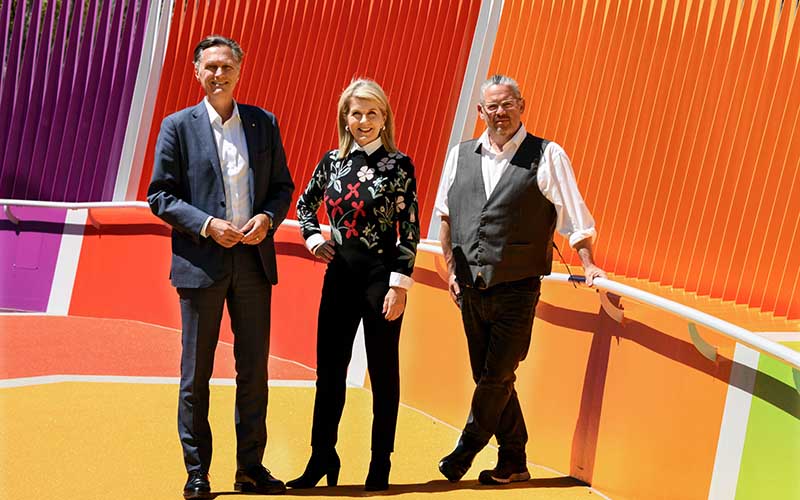Search
Research
Current understanding of the neutrophil transcriptome in health and diseaseNeutrophils are key cells of the innate immune system. It is now understood that this leukocyte population is diverse in both the basal composition and functional plasticity. Underlying this plasticity is a post-translational framework for rapidly achieving early activation states, but also a transcriptional capacity that is becoming increasingly recognized by immunologists.
Research
A common genetic variant of a mitochondrial RNA processing enzyme predisposes to insulin resistanceMitochondrial energy metabolism plays an important role in the pathophysiology of insulin resistance. Recently, a missense N437S variant was identified in the MRPP3 gene, which encodes a mitochondrial RNA processing enzyme within the RNase P complex, with predicted impact on metabolism. We used CRISPR-Cas9 genome editing to introduce this variant into the mouse Mrpp3 gene and show that the variant causes insulin resistance on a high-fat diet.
Research
Study protocol for Healthy Conversations @ Playgroup: a multi-site cluster randomized controlled trial of an intervention to promote healthy lifestyle behaviours in young children attending community playgroupsEarly childhood is a critical window for preventing obesity and chronic disease. Yet, 1 in 4 Australian children aged 5 years and under are affected by overweight or obesity; and significant proportions of children under 5 years fail to meet guidelines for diet quality, physical activity (PA), screen time, and sleep.
Research
Effect of Preemptive Intervention on Developmental Outcomes Among Infants Showing Early Signs of Autism: A Randomized Clinical Trial of Outcomes to DiagnosisIntervention for individuals with autism spectrum disorder (ASD) typically commences after diagnosis. No trial of an intervention administered to infants before diagnosis has shown an effect on diagnostic outcomes to date.
Research
Association between food-outlet availability near secondary schools and junk-food purchasing among Australian adolescentsWe sought to investigate the association between food-outlet availability near Australian secondary schools and frequency of Australian students’ discretionary food purchases.
Research
Whole-cell pertussis vaccine in early infancy for the prevention of allergy in childrenAtopic diseases are the most common chronic conditions of childhood. The apparent rise in food anaphylaxis in young children over the past three decades is of particular concern, owing to the lack of proven prevention strategies other than the timely introduction of peanut and egg.

News & Events
Aboriginal health research leader first recruit in national strategic partnershipDr Alex Brown to take up a new appointment as Professor of Indigenous Genomics.
Research
Without training, they lacked knowledge. Without knowledge, they lacked confidence. Without confidence, they lacked victory (Julius Caesar)Britta Regli-von Ungern-Sternberg AM FAHMS MD, PhD, DEAA, FANZA Chair of Paediatric anaesthesia, University of Western Australia; Consultant
Research
Association between convalescent plasma treatment and mortality in COVID-19: a collaborative systematic review and meta-analysis of randomized clinical trialsConvalescent plasma has been widely used to treat COVID-19 and is under investigation in numerous randomized clinical trials, but results are publicly available only for a small number of trials. The objective of this study was to assess the benefits of convalescent plasma treatment compared to placebo or no treatment and all-cause mortality in patients with COVID-19.
Research
Aboriginal perspectives on recognising clinical deterioration in their child and communicating concerns to cliniciansTo explore the perspectives of family members of Aboriginal children about a) their involvement in recognising clinical deterioration in a hospital setting and b) the effectiveness of a poster designed to promote family involvement.
